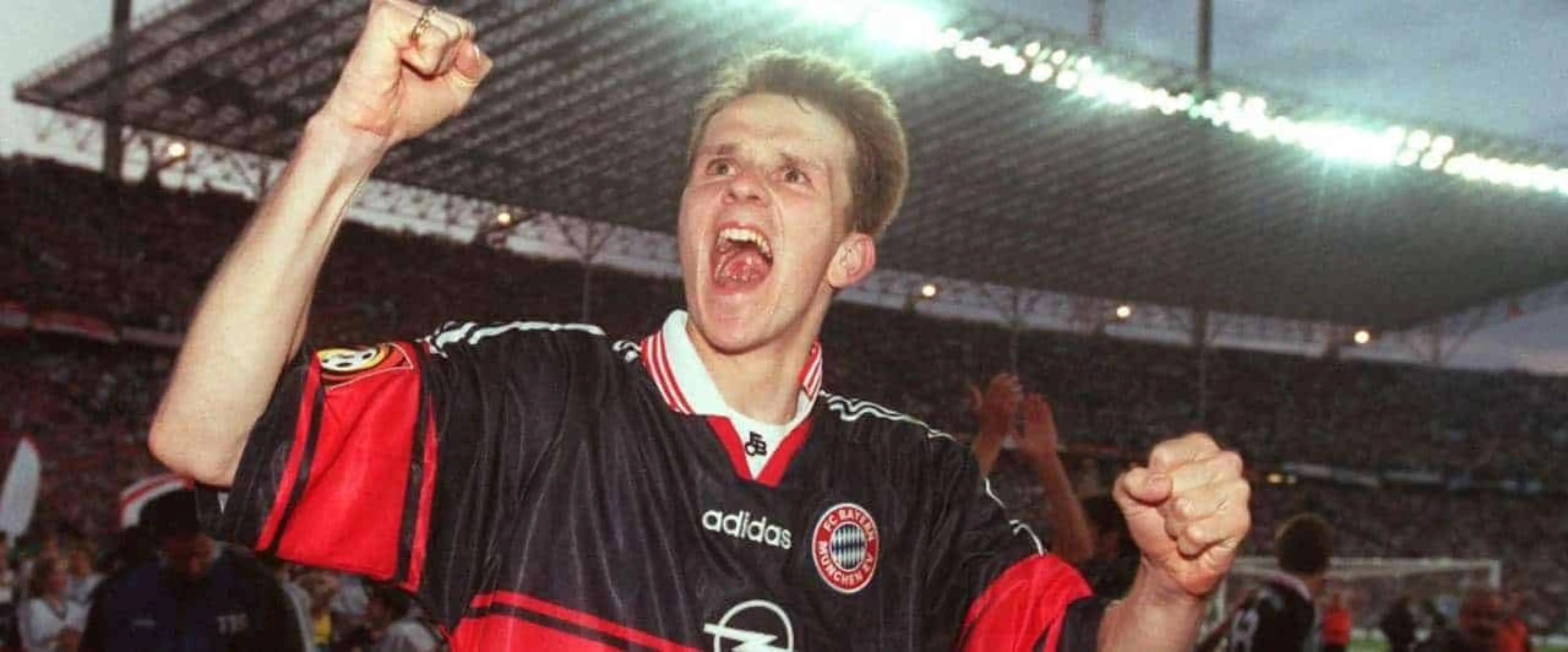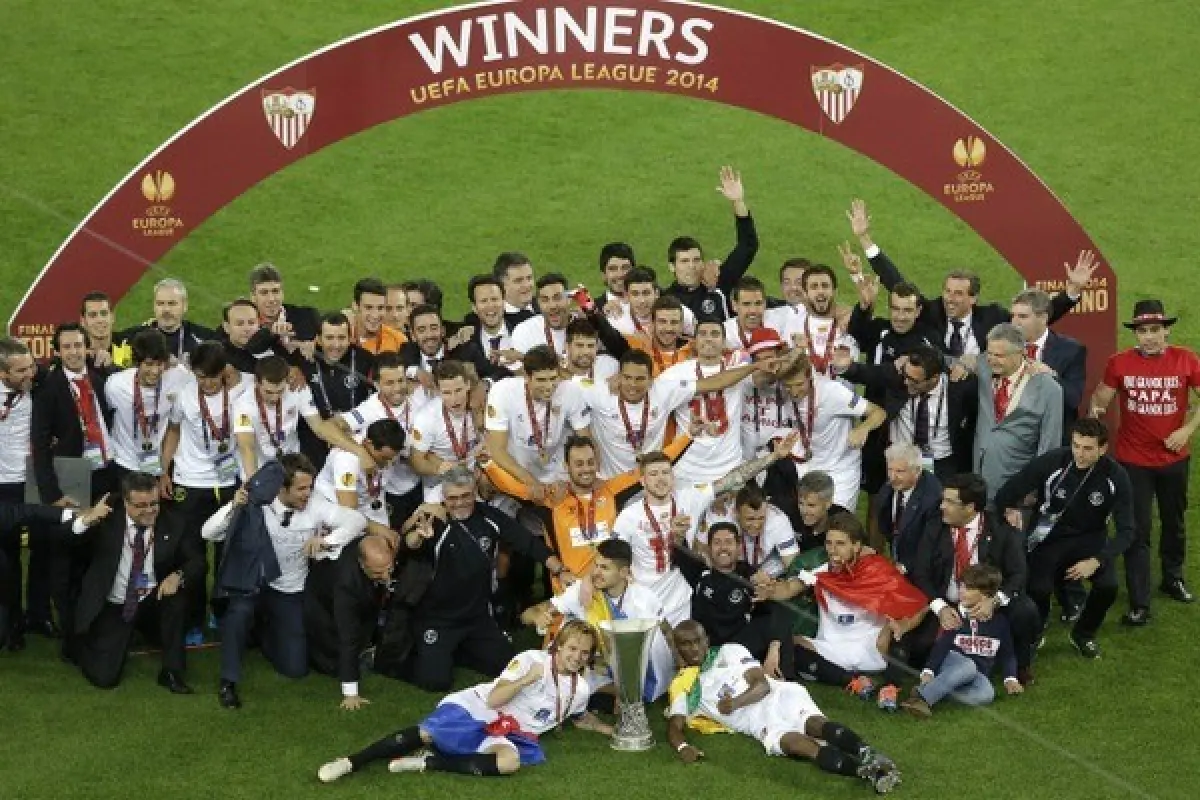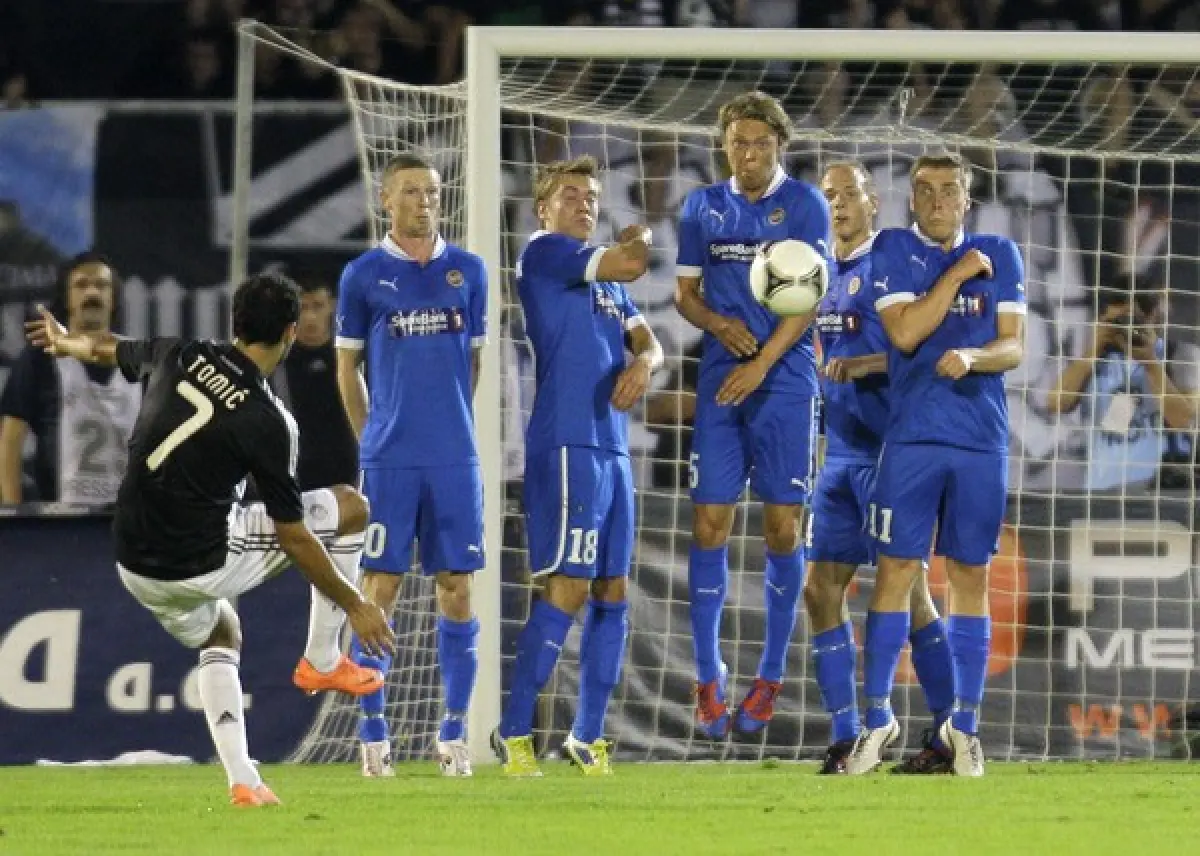Coral’s all-time top 10 European football club nicknames
Published:
Matt Haynes | October 27, 2015
Fans often identify football clubs by their nicknames. Just like how first-time horse racing goers pick horses based on their names or colours, this is just as true with football and even other sports.
As a result, this got us thinking at Coral. How many more football clubs are there with nicknames fans might not be aware of, so from the obscure to the absolute unusual, we have compiled our list of top 10 from football clubs around mainland Europe.
Bathtubs

At 9/4 with Coral to qualify from Group D in the Champions League, Sevilla get their nickname from the fact that the town is a major manufacturing hub for bathtubs.
FC Hollywood
No, Tom Cruise and Brad Pitt don’t lead the line for this side. Actually, this club adopted this nickname originally for the wrong reasons.
It was during the 1990s and their players were appearing in their country’s tabloids for the wrong reasons just like celebrities often did.
The club is of course, Bayern Munich, who over the last decade have justified this nickname for the right reasons, playing a brand of football worthy of a Hollywood box office rating, winning numerous Bundesliga titles, DFB Pokals and the Champions League.
Campioana Unei Mari Iubiri
We simply had to include this. That of Romanian side Universitatea Craiova, who in the 1982/83 season became their nation’s first ever football club to reach the semi-finals of the UEFA Cup, defeating some of that era’s best clubs such as Fiorentina, Bordeaux and FC Kaiserslautern.
This generation of players, which included the likes of Ilie Balaci, Rodion Camataru, Costica Ştefanescu, Zoltan Crişan and Ion Geolgau adopted this nickname, translating to ‘The Champion of a Great Love’. How apt.










